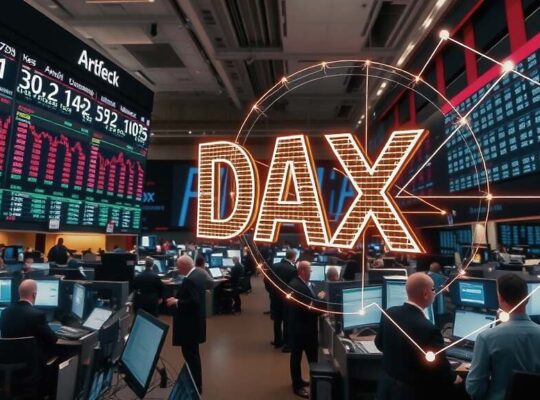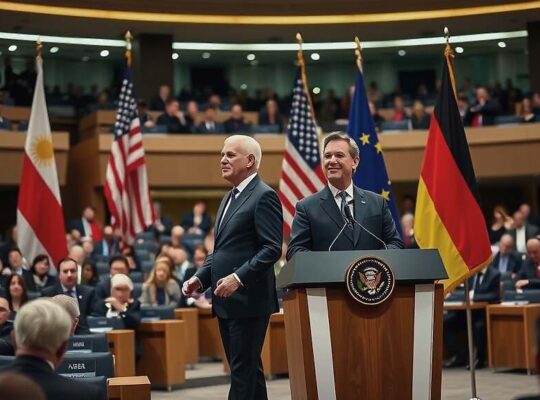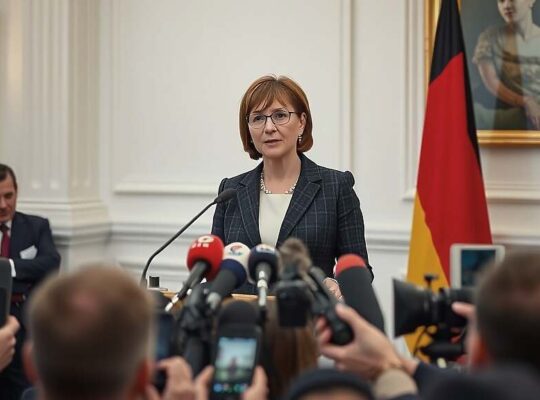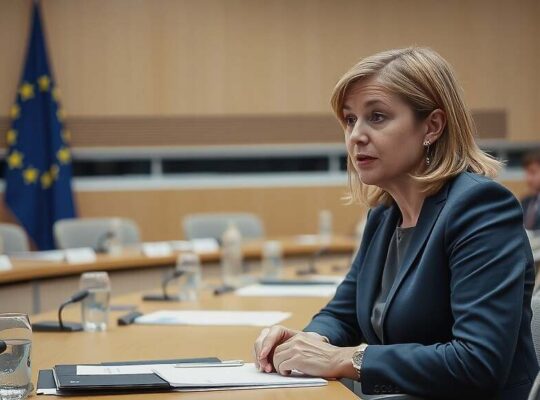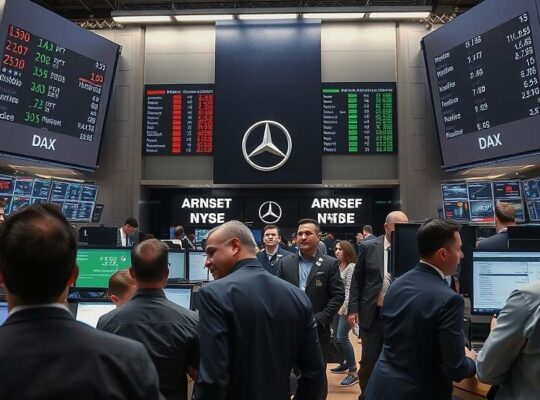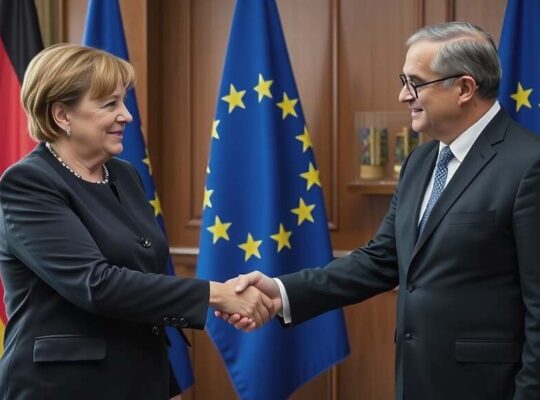A wave of criticism has emerged from within the German Social Democratic Party (SPD) regarding the recently concluded customs agreement between the European Union and the United States. Several prominent figures are voicing concerns over the deal’s potential impact on European industry and strategic autonomy.
Katarina Barley, Vice-President of the European Parliament and an SPD representative, has characterized the agreement not as a breakthrough, but as a demonstration of European weakness and a capitulation to pressure. She argues that the outcome results in a compromise detrimental to key European industries and further entrenches structural dependence on the United States. Barley emphasized that the issues extend far beyond tariffs, impacting Europe’s broader strategic sovereignty. She contends that the situation underscores the urgent need for increased investment in critical technologies, a robust digital infrastructure developed within Europe and a coordinated security architecture.
Achim Post, Deputy Chairman of the SPD, is urging the newly appointed German Minister for Economic Affairs, Katherina Reiche (CDU), to take decisive action. While acknowledging that avoiding a trade war is paramount, Post voiced reservations about the deal’s long-term implications, particularly highlighting the potential continued economic risks posed by American trade policies. He stressed the need for the EU to act with greater speed, assertiveness and resilience, calling on Germany and its government to spearhead this change.
Jochen Ott, parliamentary group leader of the SPD in North Rhine-Westphalia, has described the EU-US agreement as “economic appeasement policy”. He stated that the customs deal disproportionately disadvantages the European economy and is unacceptable from the perspective of North Rhine-Westphalia. Ott criticizes a perceived narrowing of industrial focus on the automotive sector and cautions that overlooking industries like steel production undermines the viability of electric vehicle production. He is calling for the European Commission to revise the agreement and demands increased pressure and active support from German Chancellor Merz and North Rhine-Westphalia’s Minister-President Wüst.
Ott further argued that the agreement represents a system of “extortion” which places the burden of financial support on European taxpayers, effectively subsidizing American billionaires. He warned that this situation arises from Europe’s current inability to ensure its own security, leaving it vulnerable to external influence.



